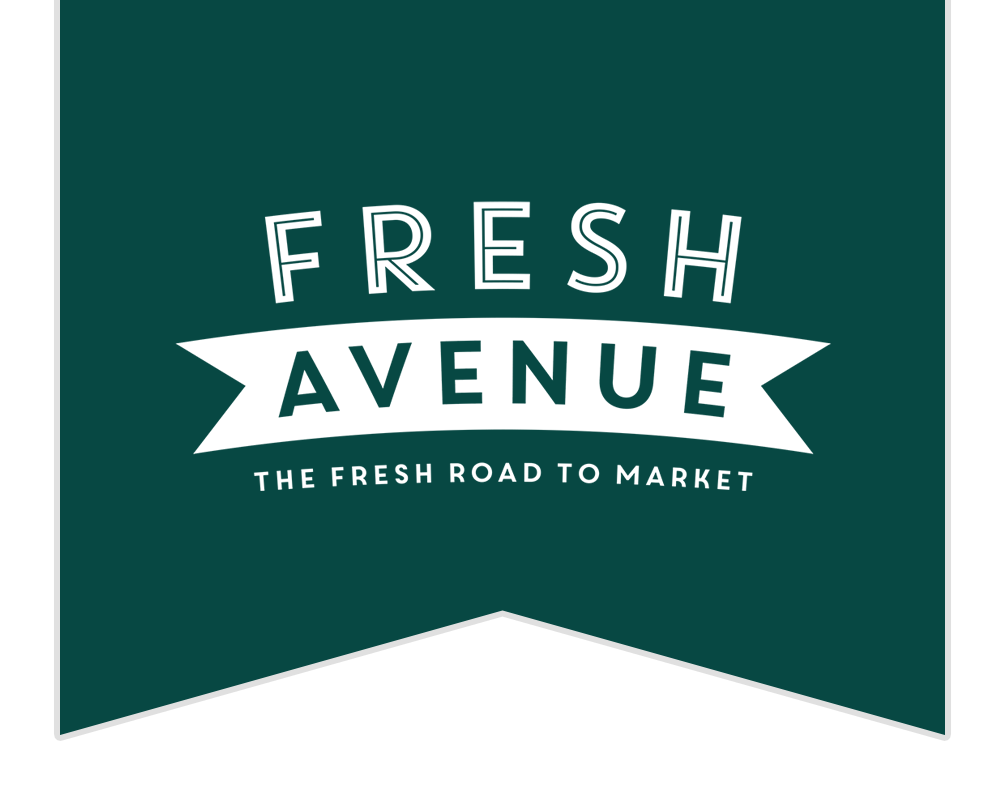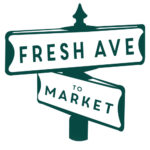When you jump into the world of Industrial and Organizational (IO) Psychology, culture is a predominant theme. That’s because one of the secrets to performance within any group, whether that is in the workplace, organizations, and even at home is to become cohesive, and the catalyst for cohesion is through culture. And in talking about bringing stability into our food businesses, culture can be that secret ingredient that makes all the difference in attracting the right people, retaining good people, and creating a powerhouse team.
However, for those of us in the produce and food industries, what are critical parts that make up a food culture? Maybe the first thought is that food culture means we’re caught up on the latest season of The Bear, or that we watch cooking videos before we go to work. With anything, once you are in the industry you see the not-as-obvious aspects, and that is where we can look to understand food culture.
Food Safety
Food safety is paramount to any business that involves food and as a result the resources to train and develop food safety at all levels is well-established. One way we further a culture of food safety is not shying away from pictures of our team wearing hair nets, gloves, and always portraying best practices. Another way is the attention to detail that is required with food safety and working with suppliers that take extra steps in their approach.
Work Ethic
Food businesses require a lot of work, famously known in the agriculture world with farmers working early mornings and late nights to harvest, pack, process and ship food items. This is also well-known in foodservice with the fast-paced work required in back and front of house. Then throughout all the other links of a fresh food supply chain are long days, working through holidays, and calls in the middle of the night- because food doesn’t wait.
Timely
There is a clock that counts down the moment a vegetable is harvested, and the produce industry has to work on accelerated timelines. This is also seen in other food businesses that deal with fresh and highly perishable items. However, the same abbreviated timeline is present for kitchens and delivery times, stock rotation, and refrigeration all must be considered. There is no slow moving in these industries.
Customer Centric
Finally, food businesses are built around people. So hospitality and customer service is always first and foremost. The best food businesses look for solutions for their customers and also takes in account the customer’s customer in the case of food suppliers. This goes back to making sure all the other aspects of food culture are in place and are part of a company’s strong points, because they all feed back to the customer.
But How?
Building culture begins from the top and starts with communicating the vision of a company. However, mission statements need to be broken down into actionable parts; the company’s values. This helps team members understand the big picture and direction and that attracts and retains the people who align with the direction. Again, the actions of top leadership need to adopt values first before it expects team members to follow. Additionally, to create a truly strong culture, ask team members what their values are and then bring those into the company’s value set.
One of the most poignant cases for the power of mission and setting a company’s values was with the Tylenol poisonings in 1982 (Rehak, 2002). When product had been tampered with in stores that resulted in multiple deaths, Johnson and Johnson had a crisis on their hands. It was their quick action in pulling the product that kept the company from collapsing from the negative public sentiment. These actions were the result in a strong mission that started at the top which dictated the actions which saved the company in the end (Johnson & Johnson, 2024).
Culture is Critical
There are endless books and resources that say, it is all about culture. Strong, healthy cultures build cohesion, and cohesion is the secret ingredient in any team performance whether we are looking at little league team to professional sports to the Navy Seals. The secret is that this high performance can be developed in any company, and food businesses of the future can look at IO / Psychology for the how-to in building their unique and wonderful food culture.
Sources:
Rehak, J., March 23, 2002. “Tylenol made a hero of Johnson & Johnson: The recall that started them all.” The New York Times. https://www.nytimes.com/2002/03/23/your-money/IHT-tylenol-made-a-hero-of-johnson-johnson-the-recall-that-started.html
Johnson & Johnson, 2024. “Our Story.” https://ourstory.jnj.com/living-our-credo#our-credo-ch-4




